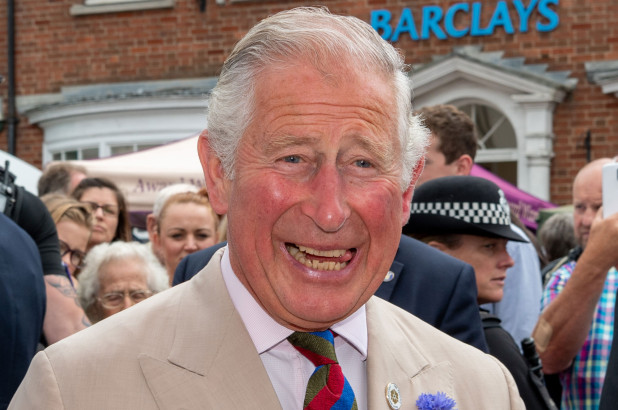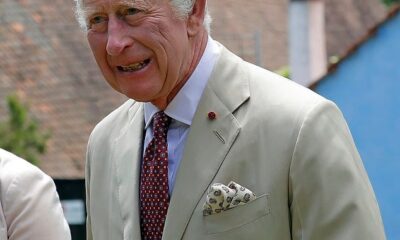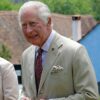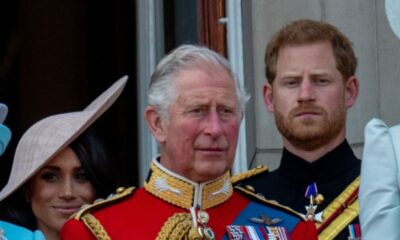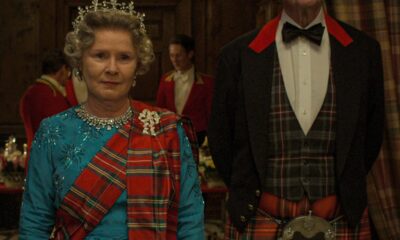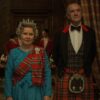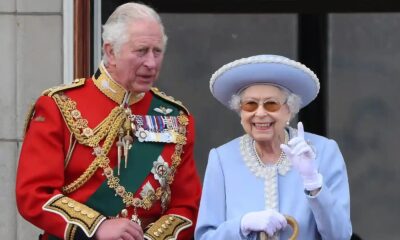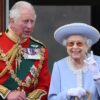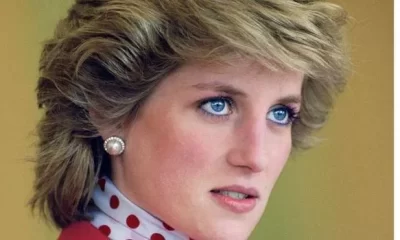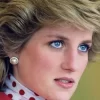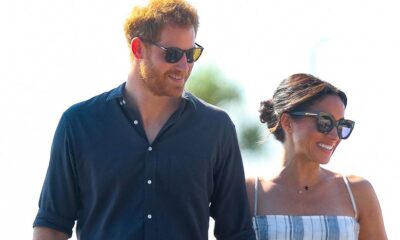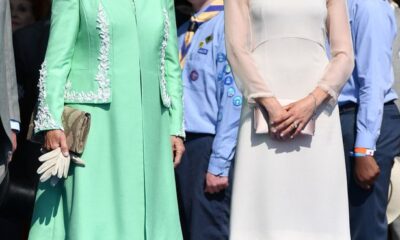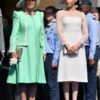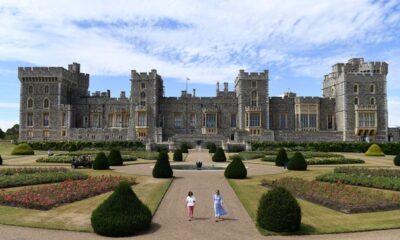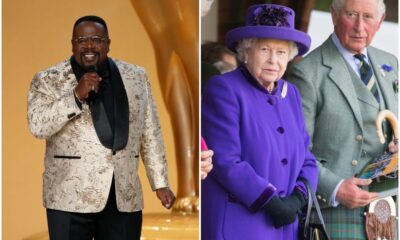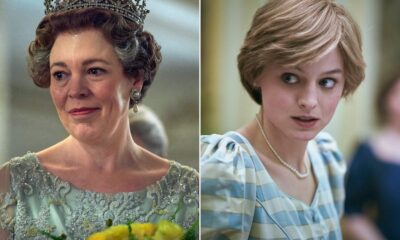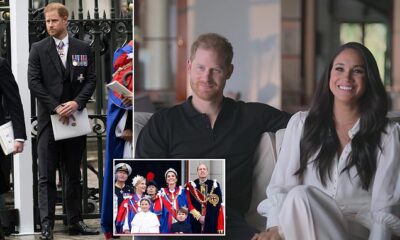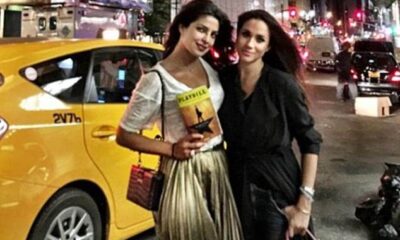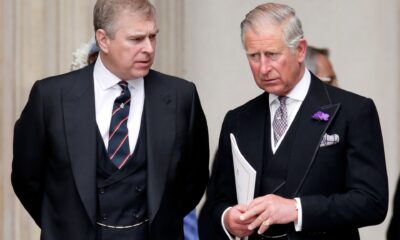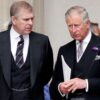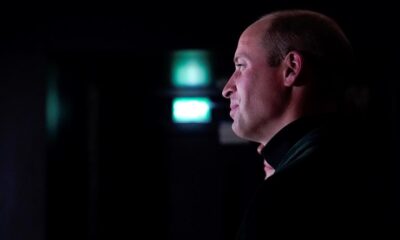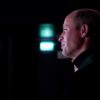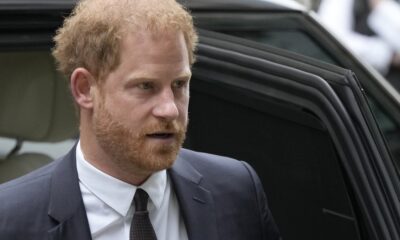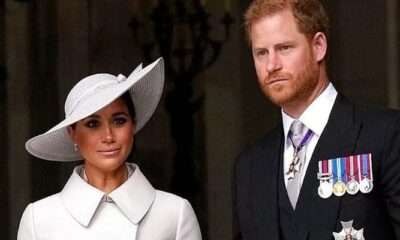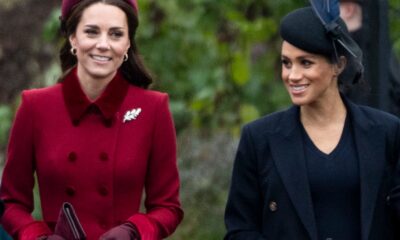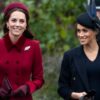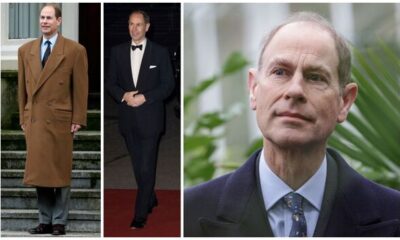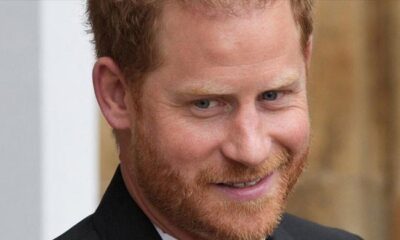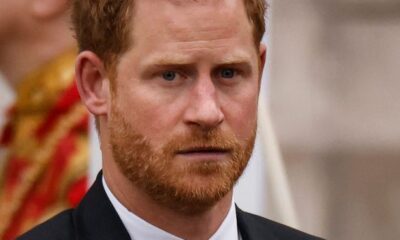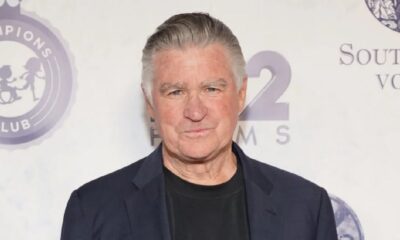Updates
Prince Charles opens up about ‘most enjoyable aspect’ of his life
Via



GET TOP STORIES VIA INBOX
During a virtual engagement, the normally quiet prince discussed the significance of classical music in his life and spoke about his time as a member of an orchestra.
He also expressed his pleasure in serving as the organization’s patron.
“‘It’s been one of the most enjoyable and special aspects of my life’,” the Philharmonia tweeted about the new video.
“We loved the chance to hear of our Patron HRH The Prince of Wales (@ClarenceHouse)’s lifelong love of music as he joined our musicians and supporters online, hosted by our Chair, Lord King of Lothbury.”
“It’s been one of the most enjoyable and special aspects of my life,” Prince Charles remarked in the video.
“I feel enormously proud of what is a really great orchestra, so to be asked to be patron of such an orchestra was, of course, a huge honour.”
Trending:
There was “nothing to substitute” for hearing classical music performed live, according to the heir apparent.
“I find the whole experience of being with the orchestra or listening to it in a wonderful great hall, I mean it is extraordinary because the sound completely surrounds you and there is nothing to substitute for that I think,” he remarked.
“And I remember in my own small way the joys of playing in an orchestra,” Charles remarked, recalling his own experience as a member of an orchestra.
“It’s that wonderful sensation of being part of an immense whole.
“I remember I started with a wonderful music teacher who went by the most unlikely name of Miss Hilda Ball.”
Charles called the event “great fun” and claimed it inspired a lifetime interest for him.
“But those sort of early lessons were very important I think and I joined the orchestras and I had great fun and I loved it and that’s how I got more and more interested of course in classical music,” the prince said.
During the epidemic, Charles met with several of the Philharmonia’s musicians to find out how they had adjusted to performing in a socially isolated setting.
Prince Charles warning about survival of small farms
The present approach to food production, according to the Prince of Wales, would lead to a “dead end” and endanger the very existence of rural communities.
He warns that if they leave, it would “rip the heart out of the British countryside”
The Prince of Wales has called the intense agricultural system that provides much of our food a “dead end” in an article for BBC Radio 4’s Today programme, claiming that we fail to account for the “hidden costs” of super-efficient farming.
The government claims it wishes to assist all farmers and their “the choices that they take on their own holdings”
The effect of intense industrial farming, the hidden costs, the harm to soils and waterways, and the carbon emissions that contribute to global warming have long been a source of worry for the Prince.
He did, however, offer hope that change may be accomplished, praising the work of high-profile activists like as player Marcus Rashford, who was given an MBE last year for his efforts to feed the country’s students.
“Such has been the damage to the natural systems we depend upon, we must achieve profound and rapid change to reverse it,” he said.
“With roughly half of all the habitable land on Earth used for agriculture. I cannot think of a sector more central to the survival of the planet.”
It comes as the National Food Strategy, the first comprehensive assessment of Britain’s food system in more than 70 years, is about to be released.
According to reports, restaurateur Henry Dimbleby will present the ideas as part of a National Food Strategy aimed at boosting the nation’s health.
The study on Thursday will look at the connections between food production and environmental deterioration, such as climate change, biodiversity loss, pollution, and resource sustainability.
“How we produce food has a direct impact on the Earth’s capacity to sustain us, which has a direct impact on human health and economic prosperity,” the Prince said.
“But our current approach will lead to a dead end, no matter how cost effective intensive food production appears to be.”
He praised Marcus Rashford, as well as famous chef Jamie Oliver and Henry Dimbleby, for assisting the country in improving ‘from field to fork’.
“Be it Jamie Oliver, promoting education on a balanced diet, Henry Dimbleby’s ambitions for safe, healthy and affordable food or Marcus Rashford, whose mission off the football field is to tackle child hunger.
He talks about visiting a new farm and food education center in the Cotswolds that seeks to produce nutritious food in an ecologically and economically sustainable manner.
Experts believe that good soil is critical to building sustainable agricultural and food systems, and the FarmED centre offers learning spaces and activities that inspire, educate, and connect people to do so.
The Prince reaffirmed his ardent conviction that nature must be restored to its rightful place at the center of the equation, warning that as we profit from nature, it profits from us.
“Our current approach is forcing many small family farms to the wall,” he went on.
“If they go, it will quite simply rip the heart out of the British countryside and break the backbone of Britain’s rural communities.”
He concluded: ‘If we regenerate degraded soils around the world, we could capture as much as 70% of the world’s carbon emissions. Only by benefitting nature can we benefit people.’
He thinks that these kind of creative agricultural techniques provide potential investment possibilities, and he claims he is trying to connect private investors with the pioneers of these new sustainable farming methods.
“If we could regenerate much more of the soil around the world we couldn’t capture at least 70 per cent or something of the carbon emissions,” he said.
The Prince is a firm believer in organic farming and is now turning the 21,000-acre Sandringham estate to a completely organic enterprise.
Popular Posts:
MUST READ:


GET TOP STORIES VIA INBOX


